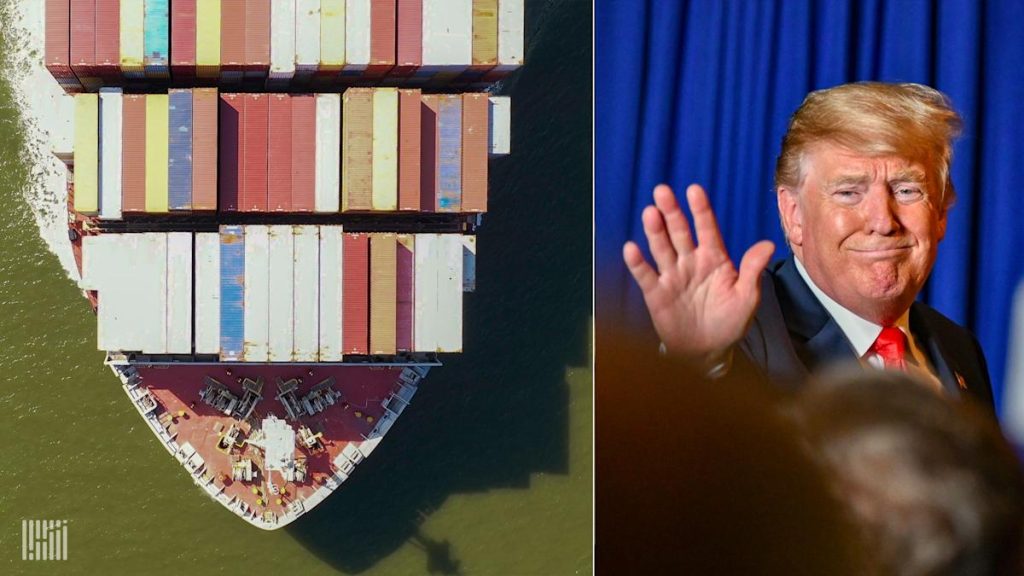
U.S. and Chinese officials have reached an agreement to roll back most recent tariffs and implement a 90-day truce in their trade war to facilitate further negotiations. Announced in Geneva, this deal marks a significant step back from a conflict that has disrupted the global economy. The temporary suspension of hostilities is expected to have immediate effects on global shipping and transportation markets.
Current Freight Rate Forecast
Freight rates are projected to rise sharply in the coming weeks as importers rush to capitalize on this window of opportunity. The increases are expected to begin with ocean freight rates in the near term, followed by domestic trucking rates in July and August. This surge stems from importers addressing existing backlogs and expediting new orders before potential policy changes at the end of the 90-day period.
This pattern echoes transportation capacity challenges observed in late 2021 and early 2022, as carriers seek to maximize pricing power during an anticipated surge in shipments.
Implications of the Tariff Suspension
This abrupt shift in trade policy is likely to create significant logistical challenges. Companies may struggle to secure containers in China and access truck or intermodal chassis capacity in the United States. Transportation capacity and infrastructure could be strained by the surge in shipping volume.
Larger, more consistent importers are likely to benefit most, as they typically receive preferential treatment from carriers when capacity tightens. Smaller shippers may face disadvantages, as transportation providers prioritize high-value customers and sideline inconsistent or lower-paying shippers.
Details of the 90-Day Truce
Under the agreement, the United States will reduce its tariff rate on Chinese goods from 145% to 30%, while China will lower its rate on U.S. goods from 125% to 10%. This represents a 115 percentage point reduction for the U.S. and a 105 percentage point reduction for China as part of the temporary truce.
U.S. Treasury Secretary Scott Bessent emphasized that neither country seeks economic decoupling. “The consensus from both delegations this weekend is that neither side wants a decoupling,” Bessent said. “What had occurred with these very high tariffs was effectively an embargo. Neither side wants that. We want trade.”
China’s Commerce Ministry described the agreement as “an important step toward resolving the two countries’ differences” and “laying the foundation for further cooperation.” The ministry noted that the initiative “aligns with the expectations of producers and consumers in both countries and serves the interests of both nations as well as the global community.”
